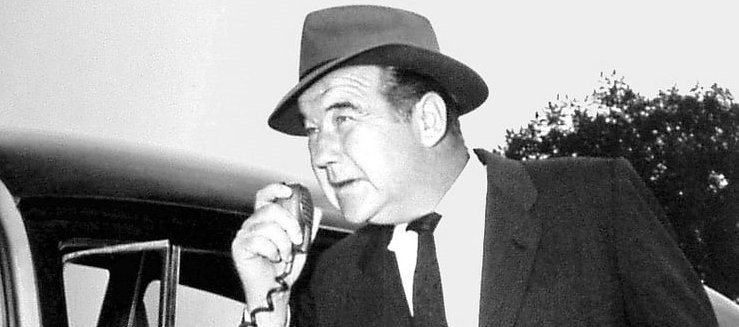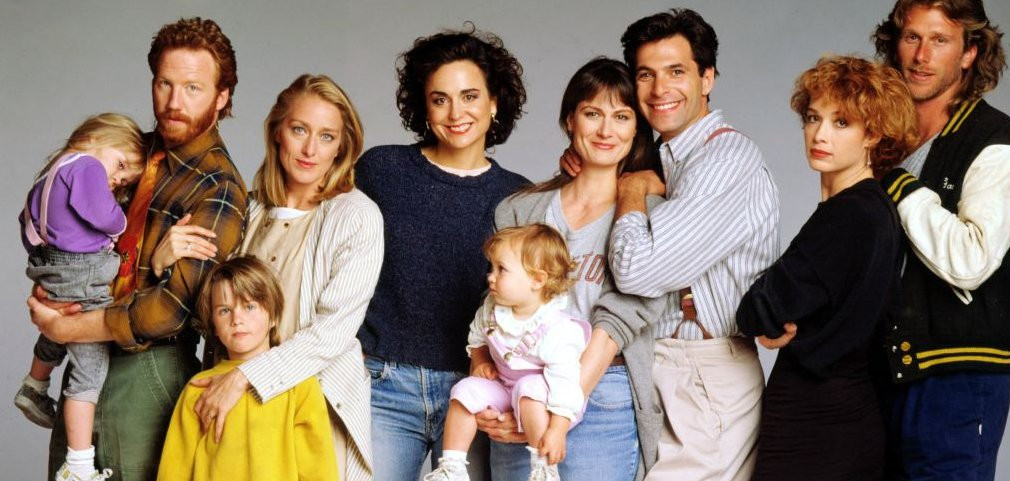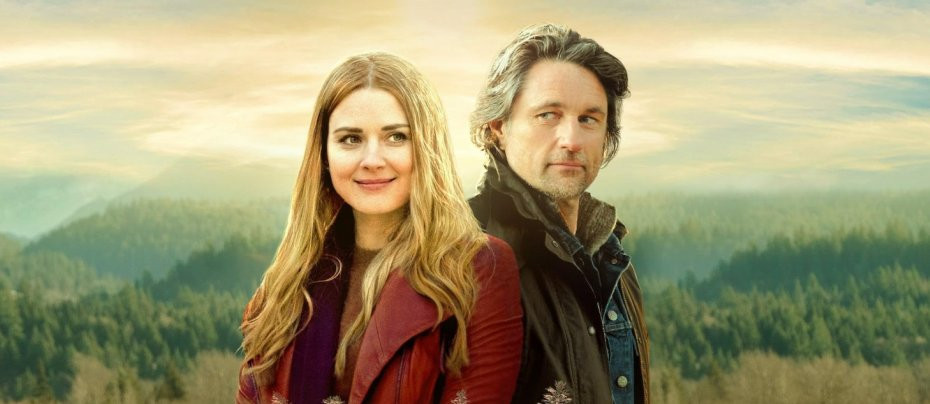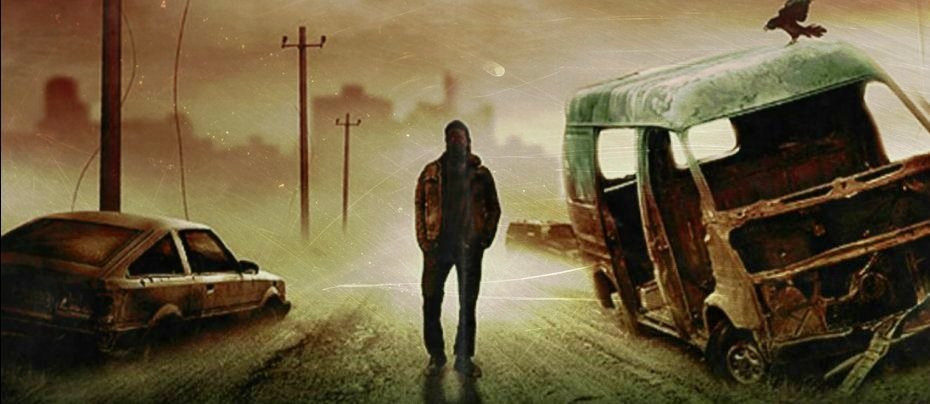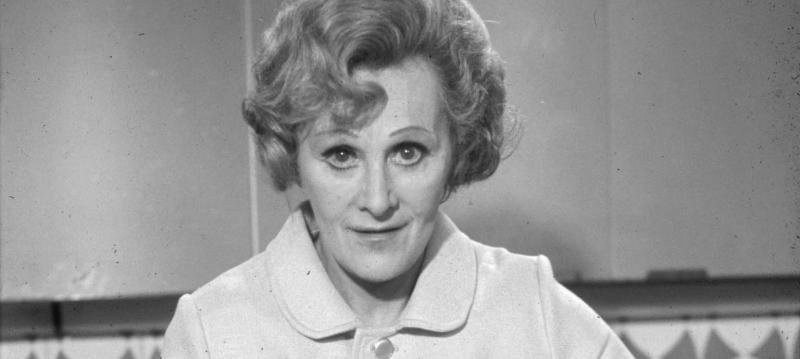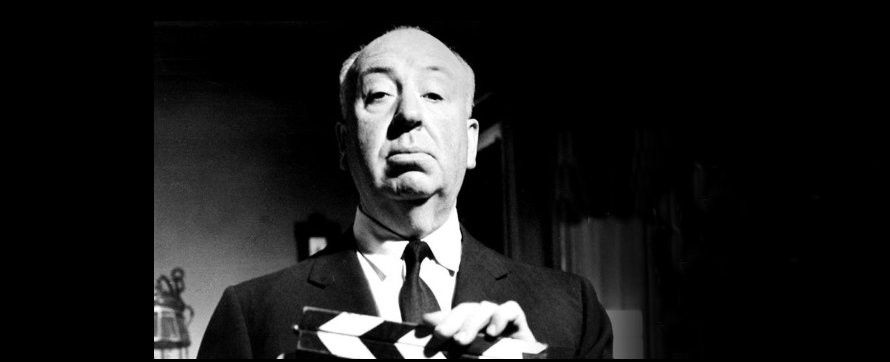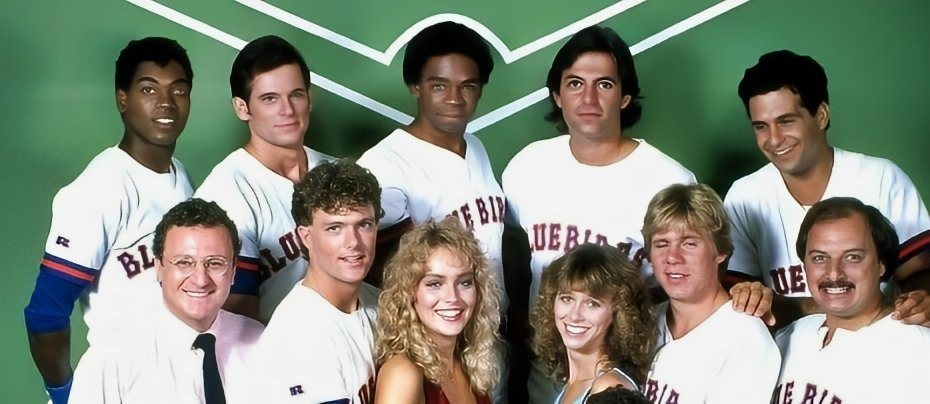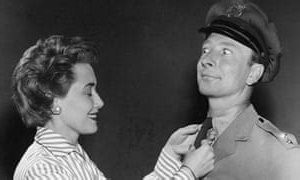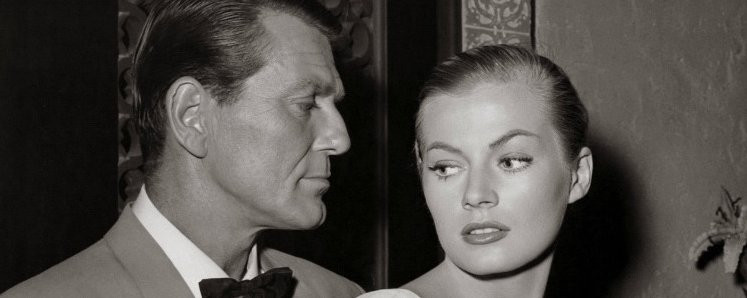
Casablanca
1955 - United StatesIn the big-screen version of Charlie's Angels a character settles into his seat in the first class cabin of an airplane whilst a screen in front of him plays a movie version of the popular US TV series T.J. Hooker. "Not another movie of an old TV show!" remarks the character. It's a tongue in cheek comment for sure but therein lies an acknowledgement that Hollywood was then enjoying something of a love affair with US television as it plundered the vaults of 1970's kitsch adventure series. With the big box-office success of Charlie's Angels there followed outings for The A-Team and Starsky and Hutch. But if we look back into television's formative years, we will discover a time when the tables were very much turned, and it was the small screen that borrowed from its larger rival.
In the US Warner Bros was one of the first of the big studios to embrace the new medium of television. Approached by ABC the giant WB Company gave permission for the screening of its theatrical film releases. Warner's however were keen to broaden their horizons further and it was TV production that they were interested in. And so a seminal series was created in which the company drew from three of its successful movies and presented adaptations and serialisations of them on a rotating basis, taking each of the stories beyond their closing theatrical credits under the umbrella title of 'Warner Bros. Presents'. The three movies from which inspiration was drawn were Kings Row, Cheyenne and a movie that would one day be regarded as the finest Hollywood has ever produced...Casablanca.
Based on the 1942 movie starring Humphrey Bogart and Ingrid Bergman, Casablanca the series debuted on 27th September 1955 at 7.30pm. Taking up the story after Bogart's character, Rick, an American expatriate who owns a North African bar had seen Ilsa, the true love of his life -but now married to another, take off from a fog-shrouded aerodrome, viewers were reintroduced to the main characters of the movie version. Rick himself was renamed Rick Jason and his bar was called the Club American; a bistro that attracted both intrigue and beautiful women. Despite his gruff exterior and outward indifference to the plight of others, Rick worked tirelessly to undermine the activities of the occupying Nazis. Captain Renaud (originally Renault) was the unsympathetic police captain, Ferari -a black marketer, Sasha -a bartender, and Sam -the incomparable piano player.
Charles McGraw, a one-time RKO star who had starred in 'The Narrow Margin', played Rick, and the supporting cast were most notable for their close associations with the original movie. French actor Marcel Dalio was promoted from a croupier at Rick's Place to Police Captain Renaud, whilst Dan Seymour had lived with the tag "the young Sidney Greenstreet" before actually filling the big man's shoes for this version, and Clarence Muse finally got to play Sam after auditioning for the part but losing out to Dooley Wilson in 1942. The series also featured a guest appearance by Anita Ekberg as an unnamed woman who many assumed to be Ilsa Laszlo. However, only 8 50-minute stories were made before the series was cancelled (it faired better than Kings Row -although Cheyenne ran for eight years).
This was one of three appearances on the small screen for Casablanca. In 1953 it had been made as a one-hour dramatisation on The Phillip Morris Program although Warner's would not allow any recordings (kinescopes in those days) to be saved, and in 1983 producer David Wolper cast Starsky and Hutch star David Soul as Rick Blaine (the character's name in the movie), in an attempt to revive the format for NBC. The show folded after three episodes.
By borrowing from its own blockbuster movies Warner Bros efforts were greeted with mixed success in 1955. However, the company went on to produce dozens of hit programmes within a short space of time and eventually became one of the most important producers of TV series'. You could say it was the start of a beautiful friendship.
Seen this show? How do you rate it?
Seen this show? How do you rate it?
Published on December 29th, 2018. Written by Laurence Marcus (2002) for Television Heaven.



